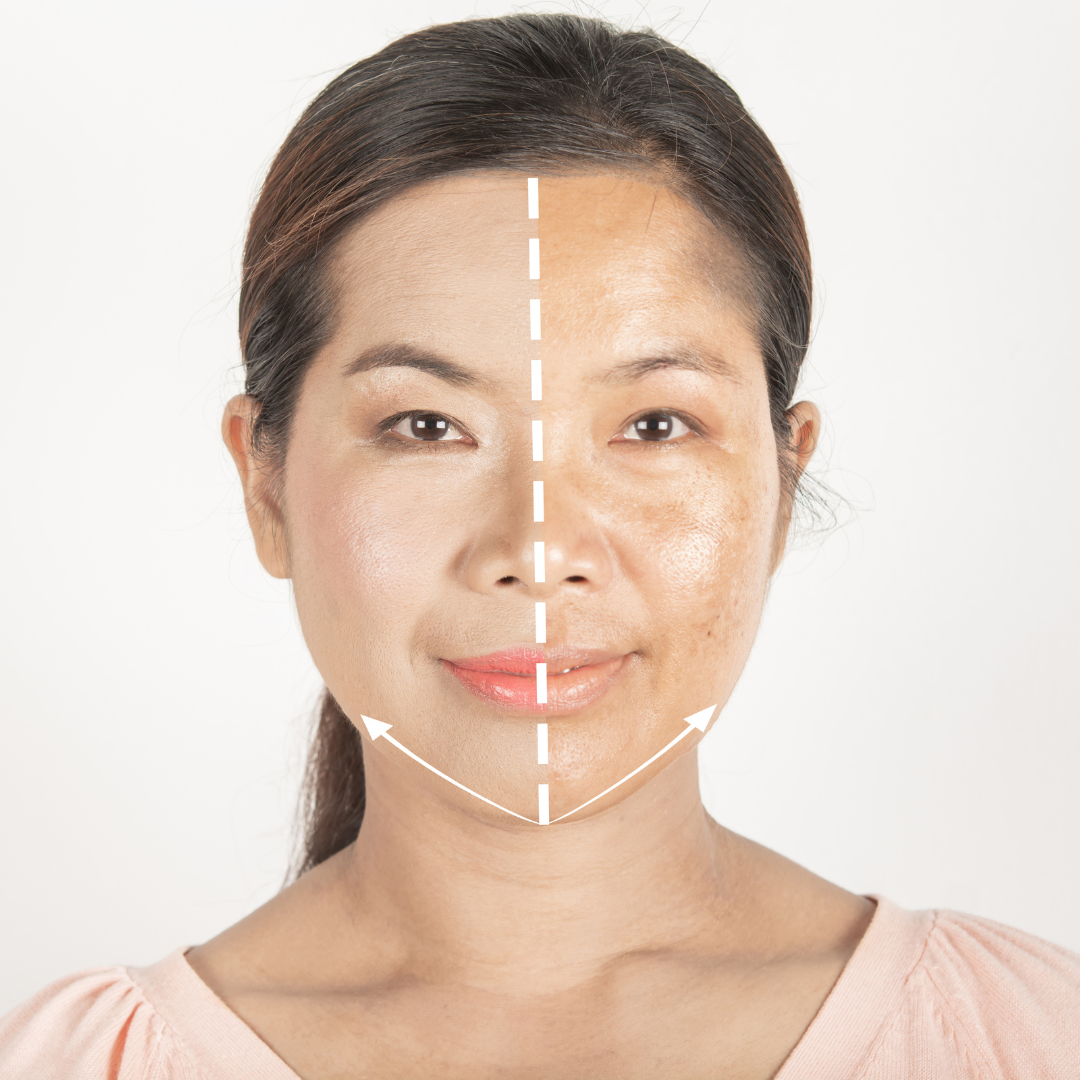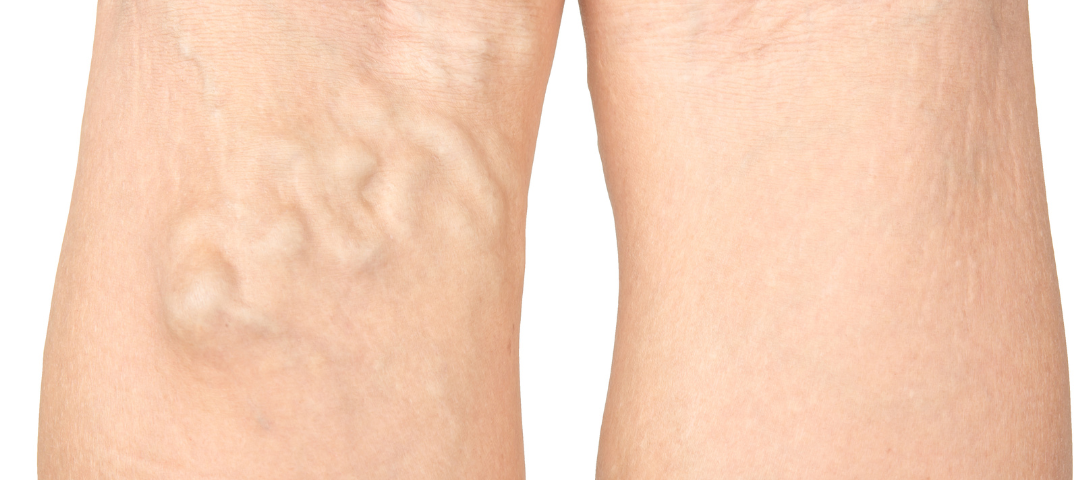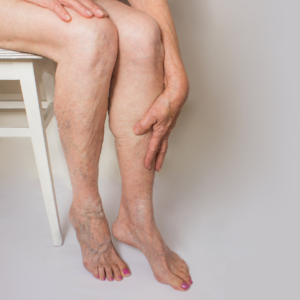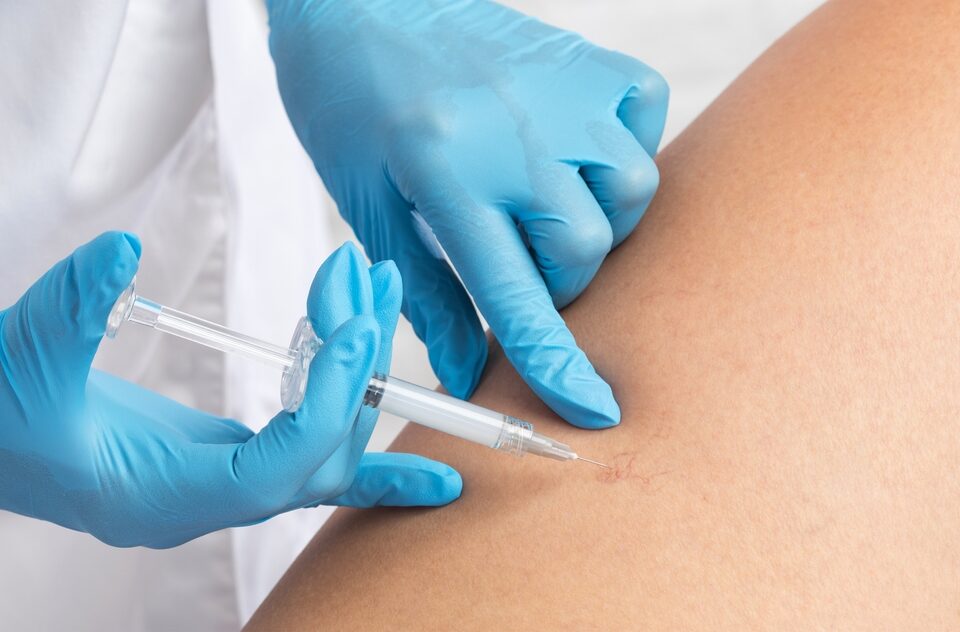
Treatment for Age Spots Maryland
September 2, 2022
Understanding Venous Reflux Disease
September 9, 2022Varicose veins in Maryland are more than just unsightly. They can be uncomfortable and point to more serious conditions. But how do you know if you have varicose veins? Here are some of the most common symptoms of Varicose veins.
Symptoms of Varicose Veins
Varicose veins are enlarged, swollen veins that usually have a purple or blue appearance. They typically occur on the legs and may be lumpy, twisted, or bulging. Other symptoms include:
- Swollen feet and ankles
- Aching heavy and uncomfortable legs
- Muscle cramps in the legs
- Dry skin or color changes in the lower legs
What Causes Varicose Veins
Varicose veins are caused by weak or damaged valves in the veins. In a healthy vein, blood flows smoothly to the heart. Tiny valves prevent the blood from flowing backwards. However, if the valves become weak or damaged, the blood can flow backwards and collect in the vein. This leads to enlarged and swollen veins.
Certain conditions increase your chances of developing varicose veins. This includes pregnancy, old age and being overweight. Some people are at an increased risk. Things that increase your risk include:
- If a close family member has the condition, you may be more likely to develop varicose veins.
- Women are more likely to develop varicose veins. This may be due to hormones.
- As you age, your veins lose elasticity, and the valves stop working properly.
- Standing for long periods may increase your risk.
- Being overweight. Excess weight puts pressure on your veins, making them work harder. This in turn puts more pressure on the valves and makes them more prone to leaking.
- Other conditions like abnormal blood vessels, previous blood clots or swelling or tumors in the pelvis make you more likely to suffer from varicose veins.
Diagnosing Varicose Veins Maryland
While your primary care doctor can diagnose varicose veins, it is still recommended that you see a specialist. If you would like to learn more about varicose veins or your options for treatment, please contact the Vein Center of Maryland.




